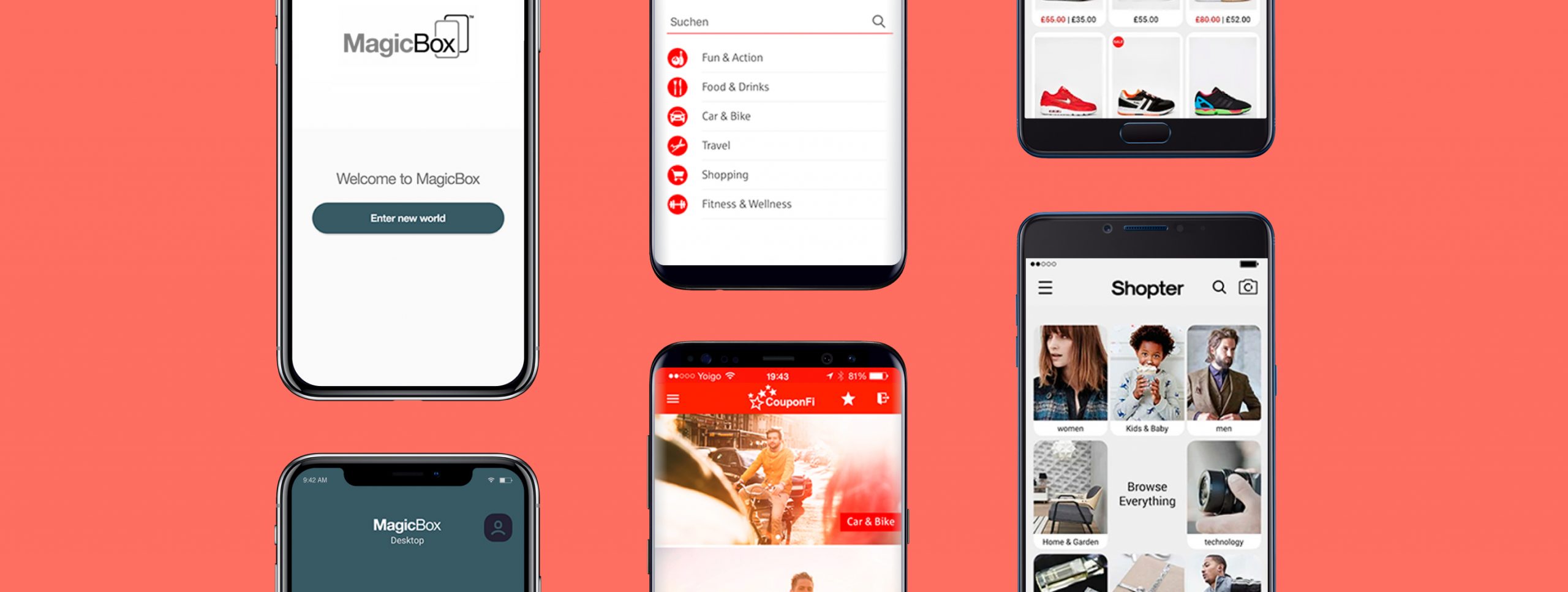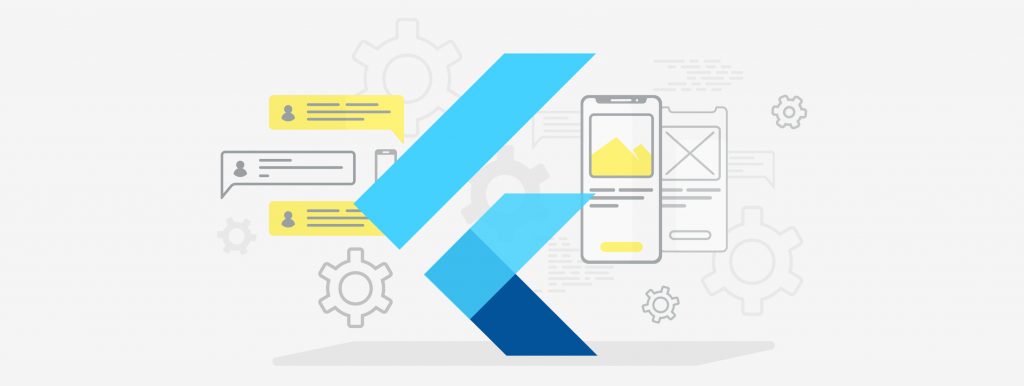Mobile application is an essential thing for any kind of business as the number of mobile phone users is predicted to reach 4,8 billion by 2020. Mobile development allows you to choose around native Android, iOS or Hybrid apps. But there are cases when the chosen platform should be changed or supplemented.
When do you need migration of mobile applications to other platforms?
- When you want to grow your audience
Migration to other mobile platform guarantees the growth of your audience. Hybrid application in this terms is an investment in future (but only if it is reasonable). It is cheaper than developing iOS and Android applications separately. Conduct a research before making a decision to understand demands of your users. Put attention to your target audience (coverage, location, etc.) to be sure an application will meet needs of your business and your clients’ preferences. - When you want to improve performance
Design of your app can be platform-oriented, brand-oriented or combinated. An approach depends on your needs and goals. Customization processes vary from iOS to Android as the second one releases its code under open-source licenses. This means that iOS is more strict in customization of elements while Android gives developers more freedom. Native applications provide quality unified UI, exceptional UX and good performance across all devices of each platform - When you want to update your app
Porting to other mobile platforms is a great opportunity to review the existing application. Elements and functionality that seemed great a couple of years ago may be useless or look weird today. Conduct A/B testing and analyze users’ feedback to understand what updates are needed. - When you want to increase revenues
Porting to another platform may improve monetization processes. Android and iOS users differ from each other. Android users prefer free applications rather than the paid ones. iOS users got used to paying for services. Thus, paid applications are much more popular around them. - When you want to implement specific functionality
Sometimes you may have issues with implementing new functionality. It relates especially to media processing technologies. For example, the majority of Android devices don’t support video recording at frame rates required for the Slow Motion effect. Implementation of new functions (such as Face ID) in Native applications usually takes less time than in Hybrid ones. - When you need compatibility with extra devices
Porting to other platforms can make it possible for your app to work on cameras, GPS or other extra mobile devices. If your application is focused on media content, remember that Android file transfer is easier as you can do it directly through USB. In case with iOS you have to use iTunes to transfer your media. Furthermore, Apple devices work in integration so an app purchases and their history can be synchronized automatically.
Porting mobile applications to other platforms can bring new opportunities both for you and your users. You can expand your audience, increase revenues or improve performance. If you decided to migrate your mobile app but don’t know where to start, Exposit mobile developers will be glad to accompany you during the migration process.






